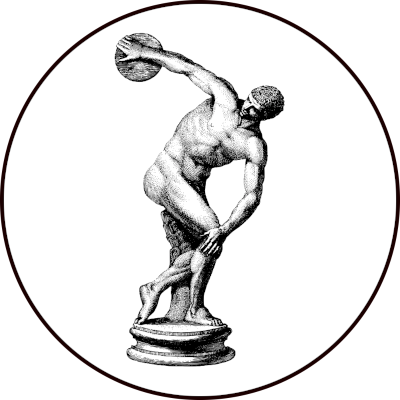More health than fitness but I couldn’t find a could place to ask. Basically, I’m not sure where to start with all of this. All of these are from my physicians due to various health conditions I have. I know I need to ramp up to them. All of these are per day.
Also, I’m really looking for ideas, not medical advice, but just fyi I will definitely be presenting a plan to my doc to make sure it works in the context of my medical stuff.
- 150g protein (currently I don’t think I even eat 30g)
- 10g salt (no idea how much I eat but I take 1.5g salt tablets per day and my family historically doesn’t eat much salt)
- 4-5L fluids (I might drink about 1L…maybe. I can use high water content foods to achieve this goal)
- Increase brushing to 2x with electric toothbrush (currently use a manual one)
- Floss 1-2x (i suck at this one)
- Waterpik (i never do this)
- Low intensity exercise 2-3 min (not a typo…will increase later) (in a former life I did a lot of high intensity exercises so this is very boring and feels like a waste of time)
- Lose 30lbs (currently holding steady) (this one is obviously not per day lol) (this one is also less important at this time)
Those are the main ones. Where would you start? And how the hell do you fit an entire 150g of protein in in one day??
My physicians haven’t been super helpful with the practical side of things. Also I can’t afford a dietician so that’s part of what’s made this so difficult.
More context that might be of help:
- I generally eat 3 meals per day, sometimes snacks but not usually
- I drink mainly electrolyte beverages and water
- My mental health has sucked for awhile so everything feels impossible
- My proteins are usually chicken, beef, pork, and sometimes nuts/beans. I also like dairy-based protein drinks. Although I like seafood, my family really doesn’t so I have to limit that.
- No food allergies or religious requirements
- My range of motion is not limited. I basically just need to keep my heart rate down.
- Sitting up for long periods is hard, so I’ve been thinking about starting there so that I can have more fluids more easily
- I am only allowed to do recumbent exercises or things laying on my back. I can also sit on the edge of a tub or pool. But walking/running/standing exercises are out for now
- Reminder apps and charts are not really helpful for me, but I would be willing to try more of them
- I’m an American and we do not weigh our food lol. Even if I started that I have no idea how I would calculate this stuff. 😬 Tips/resources are welcome, though
Thanks for any ideas!


A little late to respond to this, but a few things:
Track your protein intake. Likely you’re getting in more than 30 unless you’re just actively avoiding protein. Once you know how much you’re taking in, shoot to increase your intake by a bit each week. Protein powder can help a lot with this, but if your goal is to lose fat then you’re better off increasing protein from whole food sources at first (these will keep you fuller for longer).
As I mentioned above, increasing your protein intake will help you lose weight because you’ll feel fuller and more satisfied after meals. You’ll need to take in less calories than you burn, so you’ll need to find a way to this that you can stick with. The #1 determiner of success is adherence - find something that you can stick with long term. I like to track my calories and protein, but other people like to eat low carb, low fat, mindfully eat, intermittently fast, etc. Sometimes it can take time to figure out what works for you, and it may take some experiementation to determine the approach that fits you best.
As for 10g of salt, I’m not sure why this is a goal of yours, but I’d 100% discuss this with your doctor before doing this. I’m assuming this might be because of some sort of underlying condition, but for most people that is a ton of salt to be taking in each day.
If you want to start weighing your food, buy yourself a kitchen scale and weigh it in a bowl. I weigh it cooked (there is a difference in weight between raw vs cooked). There are apps that can help out with figuring out how many grams of protein are in X amount of a food, but you can also just Google it. Alternatively, a palm sized portion of a lean cooked protein source (chicken breast, lean beef, etc) is usually about 25g of protein, so that might be an easier thing for you to do.
Caloric intake will be the #1 determiner of fat loss. Activity in the form of exercise will help, but not as much as cutting back on calories - focus on food intake first. Exercise is great for you, though - I would look at exercise as a way to improve your health vs as a way to burn more calories.
Thank you. I really appreciate your help